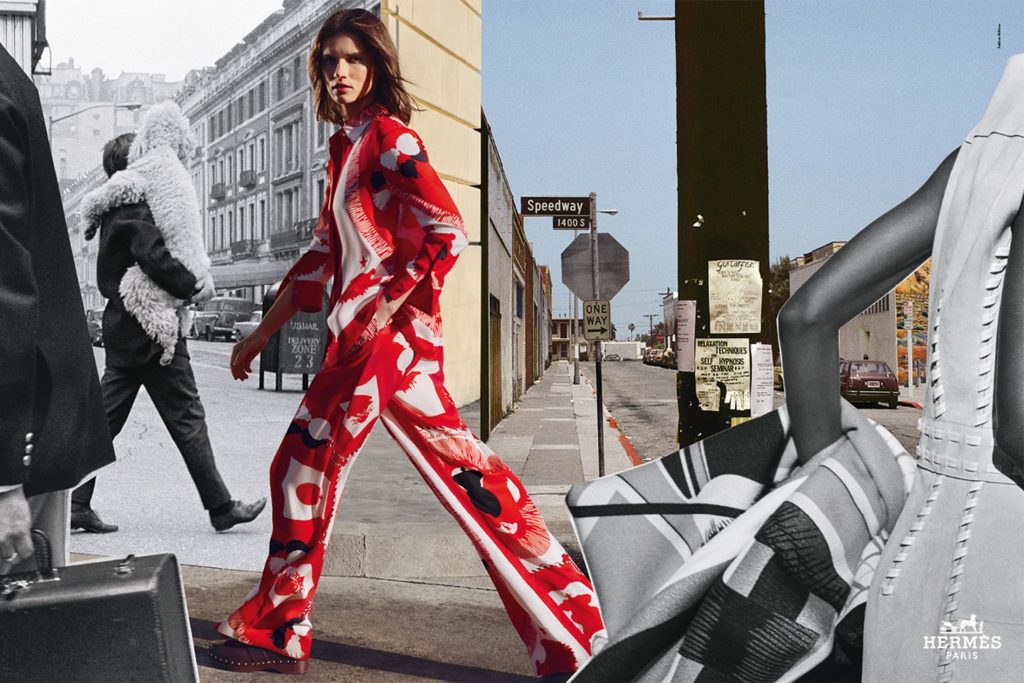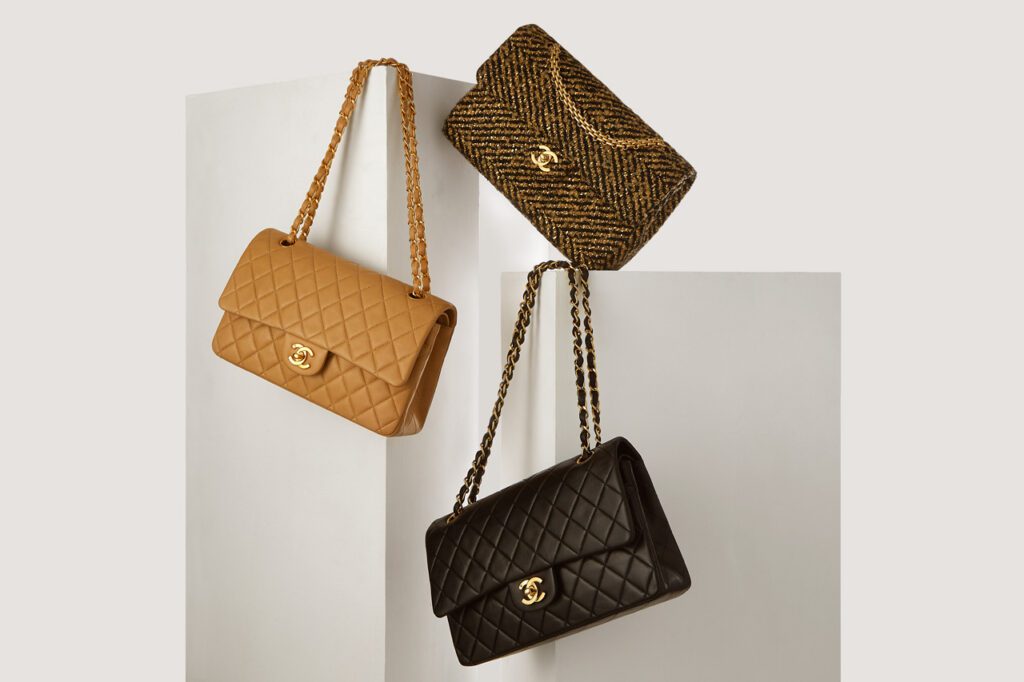One of fashion’s five original supermodels, alongside Cindy Crawford, Linda Evangelista, Christy Turlington and Claudia Schiffer, Naomi Campbell got her big break when she was just 15 years old. Scouted on the street in London after a day at school, Campbell would begin her rapid ascent to fame just a few months later in an editorial in British Elle. She would land her first of her 65 Vogue covers, British Vogue’s December 1987 issue, in less than two years, and another in January 1990, the cover that solidified the rise of the fashion model to bona fide superstar status in the 1990’s.
As Vogue put it, in light of Campbell’s honor as the recipient of this year’s Council of Fashion Designers of America’s Icon Award, “Campbell helped to define the ’90s glamazon beauty ideal, participating in all of the era’s milestones—a George Michael video, Versace fashion shows, you name it—but unlike many of her peers, her relevance has never waned. Still going strong after more than 30 years in the game, she has redefined what it is to be a fashion star.”
Muse to Azzedine Alaïa and Gianni Versace, Naomi was the first black model to be on the cover of American Vogue’s September issue in 1989 (Anna Wintour’s debut September issue), and the first black model ever on the cover of French Vogue (August 1988). She was the first model of color to open for Prada; and a key presence on the runways and in campaigns for the world’s biggest brands, including Ralph Lauren and Fendi.
Campbell’s career was also a foreshadowing of what was to come, as she “one of the first to take the kinds of risks that are now standard for model-moguls: She’s dropped an album, acted on television hits, created an eponymous fragrance line, spearheaded charity initiatives, and become synonymous with attitude on the runway.”
Here are some words from Naomi on fame, being a “supermodel,” diversity in tge fashion industry, and more …
On the public’s perception of her: It isn’t my business what people think about me. But it is my business what they think about my [work]. (Stylist, 2013).
On fame: I was always told a long time ago by a friend of ours, Bob [De Niro], to avoid being famous just for being famous. That’s something that has always stuck in my mind. (Interview, 2010).
On being called a “supermodel”: You know, none of us ever cared about this word supermodel. It was just a kind of terminology that the press came up with for whatever reason. But what we did like was being together. We were very supportive of one another, my group of girls, and I don’t think that happens so much nowadays. (Interview, 2010).
On diversity in the fashion industry: I’m very optimistic about diversity because I know I’m never going to shut up about it until the girls get better. It’s getting better, I think. I think this is going to be a good season. It’s just a feeling. There’s no count yet. But I feel it’s going to be a good season. I think things have to evolve and I think that it’s different things for different folks. At the end of the day, it’s good to have the foundation of knowing how to be a model. We’re hoping diversity will give the model a chance no matter what. But that comes once she’s booked. (NY Times, 2016)
On being called a bitch: I think that for me, a woman that’s in control of her work, or makes decisions or is very opinionated is called a bitch. And I think that a man, when he’s like that, is called nothing, it’s fine … Being independent, I do what I feel like doing, and how I wanna do it. (Barbara Walters, 2000).











